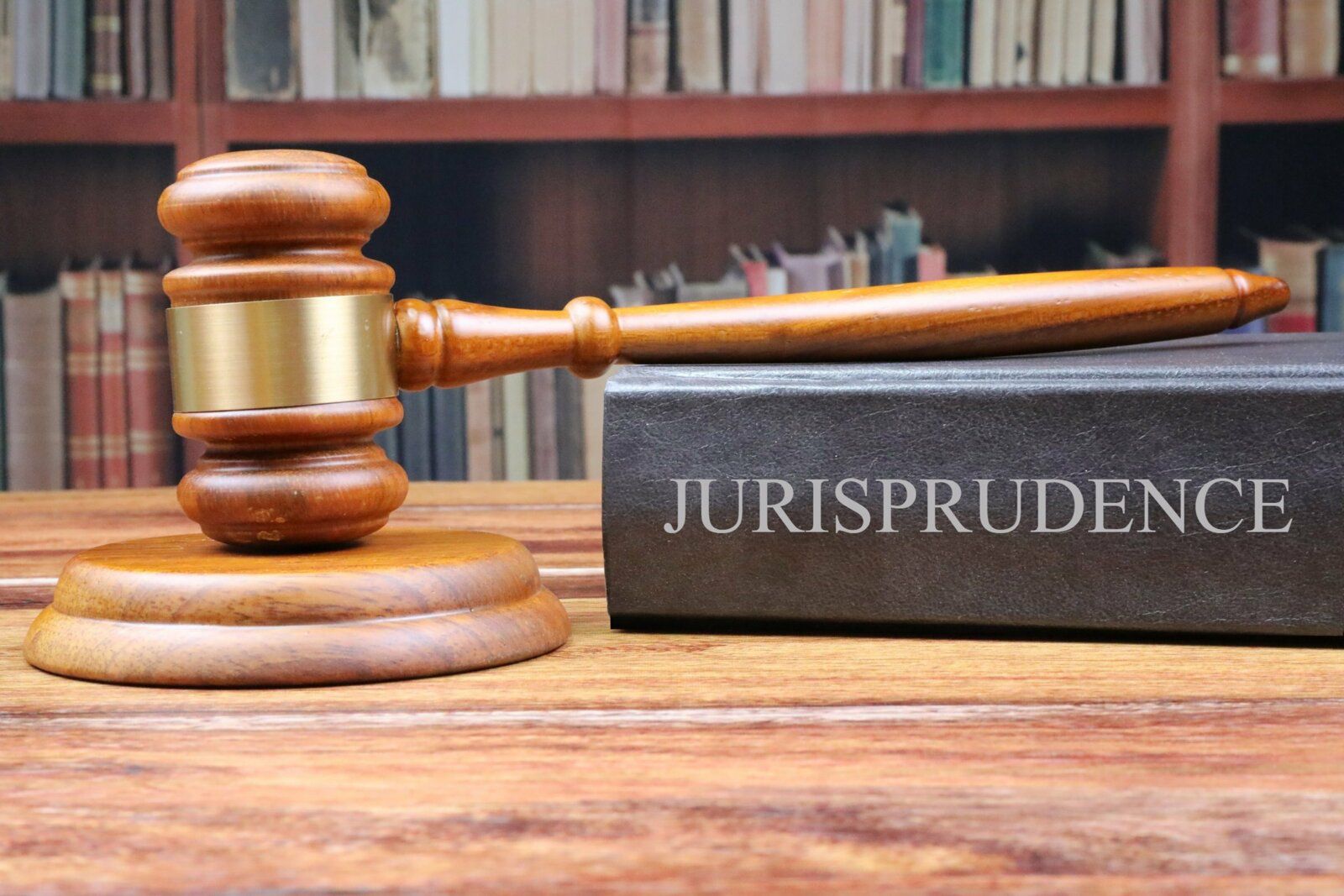On July 20, 2023, the Chamber of Deputies passed a law reforming the right of establishment in Luxembourg (hereinafter the “Modernization Law”), which modifies and modernizes the law of September 2, 2011, regulating access to the professions of craftsman, trader, industrialist, as well as certain liberal professions.
The Modernization Law lays the foundation for a clearer framework better adapted to changes in regulatory, economic, technical, technological, entrepreneurial, and artisanal environments, in order to stimulate entrepreneurship.
The main changes introduced by the Modernization Law are as follows:
- Limitation on the number of establishment permits granted to an individual. The Modernization Law establishes that an individual cannot be designated as the manager of more than two craft businesses (except for businesses belonging to the same group). This limitation does not apply if the person directly or indirectly owns at least 25 percent of the shares in each of these businesses.
- Clarifications regarding the requirements for granting an establishment permit. The Luxembourg legislator took advantage of the Modernization Law to clarify and adapt certain conditions related to the granting of an establishment permit:
- Effective and permanent management of the business. The Modernization Law confirms a common administrative practice that this condition is only met if the holder of the establishment permit is physically present in the business.
- Quality of the holder of the establishment permit. Previously, the law required that the manager be a partner, shareholder, or employee of the company. The Modernization Law introduces a distinction: if the activity is carried out in one’s own name, the manager must be the owner of the business; if the activity is carried out by a company, the manager must only be registered in the Luxembourg Trade and Companies Register as a representative.
- Conditions of professional honorability. This condition, which aims to ensure the integrity of the profession and protect future contractors and clients, applies not only to the manager but also to the majority shareholder and those able to exercise significant influence over the management or administration of the business. Misconduct affecting professional honorability includes:
- Using an intermediary or acting as an intermediary;
- Failing, at least twice in the last three fiscal years, to meet the filing and publication obligations arising from the amended law of December 19, 2002, on the trade and companies register and the accounting and annual accounts of businesses;
- Persistently failing for at least six months to register as required by the amended law of January 13, 2019, establishing a Register of Beneficial Owners.
- Principle of a second chance following bankruptcy. The Modernization Law introduces the possibility for a bankrupt entrepreneur to start a new activity with a new establishment permit, under the principle of a second chance, subject to the following conditions:
- The bankruptcy was directly caused by:
- A natural disaster recognized as such by the Government in Council;
- Involuntary destruction of the production site or tool;
- Loss of a preeminent client;
- A major public works project;
- Medically certified partial or total incapacity of the manager;
- A pandemic recognized as such by the Government in Council;
- Loss of profitability due to a major market disruption (provided the bankruptcy was declared voluntarily).
- Obtaining a payment agreement with the relevant administrations if the amounts due exceed the thresholds indicated in the Modernization Law. Conversely, no payment agreement is required for debts not exceeding these thresholds.
- The bankruptcy was directly caused by:
- Simplification of access to certain craft professions. The professional qualification requirement is removed for certain craft activities listed in List C (annexed to the Modernization Law), to account for the new realities of these trades, whose requirements have evolved, particularly in the context of digitalization.
- Introduction of new categories of establishment permits. To respond to recent developments in certain trades, the Modernization Law introduces the requirement to obtain a specific establishment permit for activities such as:
- Real estate business introducer, defined as “the commercial activity of connecting a real estate agent or developer with anyone wishing to sell or rent a property”;
- Short-term rental, defined as “the commercial activity of renting accommodation units for ninety nights or more in a year”;
- Rental of office or shared workspaces;
- Commercial services of high-value movable goods.
- Facilitation of business transfers. An employee who has held a position in a company for three years (previously ten years) can take over the establishment permit before acquiring professional qualifications (which must be obtained within five years).
- Facilitation of administrative procedures in the interest of businesses and consumers. For example, it will no longer be necessary to notify the Directorate-General for Small and Medium-Sized Enterprises of changes to data registered in the Trade and Companies Register. Additionally, the establishment permit will be issued online only through the dedicated state exchange portal and will be publicly accessible online as well. A two-dimensional barcode will be assigned to each establishment permit, which must be displayed on the business site and at each point of sale. This system will allow the public real-time access to information on professional qualifications and the validity of a company’s establishment permit.
The Modernization Law is expected to come into force on September 1, 2023. Any individual or legal entity holding an establishment permit at the time of the law’s entry into force has two years from that date to comply with its provisions.
Want more information? Contact our experts.




